Thanks to our partnership with Dare Iced Coffee, Callum Wilkie, Dougal Howard and Dan Butler show us why three is never a crowd when it comes to mateship, connection and asking R U OK?
On paper Dougal, Dan and Callum couldn’t be more different.
Yet despite their unique pathways into footy, the former accountant, the proud country boy and the ex-Tiger formed a close bond thanks to their shared appreciation of hard work and more importantly, their love of having a laugh along the way.
After joining the Saints in 2020, Dougal and Dan had no choice but to get up close and personal with their new teammates when the footy program was uprooted and moved from Moorabbin to Noosa for the remainder of the season.
Through months of wins, losses, laughs and playstation battles, the three boys now know they’ve found mates for life who are there for the fun times and the important conversations.
When you got to the club, what made you guys click?
DB: Me and Doug got traded together and have played the same number of games. We also have the same management company and are good hard-working farm boys.
CW: We all got along really well and had the same interests – golf being one of them.
DH: Probably coming over to a new club, meeting the boys and getting along so well made the transition so easy. It makes coming to work more fun when you have your mates around you.
How important is it to have close mates that you can rely on, talk to and feel comfortable around to open up?
CW: I think what makes a good club and a good footy team is having those relationships where you can have honest conversations on the field – for example where you are barking at someone - but it doesn’t affect your personal relationship because they know it’s for the benefit of the club.
How much are you seeing the mental health side of things change in the AFL system?
DB: I think it’s come along way in terms of support.
I know 10 years ago not a lot of clubs would’ve had psychologists, but I think now I’d say every club would and I think the stigma of speaking out is breaking down, especially in the AFL environment.
You see people getting supported when they speak out. I think it’s definitely improved, but still a bit to go.
Have your perceptions on mental health changed since your teen years?
DH: I probably didn’t know much about it and was a bit naïve before coming in, but the last couple of years during my time in the system I’ve seen a change in the space of helping people and people speaking out. I’ve learnt a lot myself.
CW: You’re a bit naïve when you’re a teenager and it’s an interesting comparison from me knowing the outside world and workplaces - coming into the AFL system to see how much they push to speak out if you need is really pleasing.
If you asked someone if they were okay and they said no, do you feel like you would know what to say?
DH: I’d know to direct them to the right people and would make sure the right people are aware of it, the worst thing to do would be letting it boil away for that person.
Can you think of a time where you’ve had a conversation and opened up and it’s helped you?
DH: Probably a handful of times in the last couple of years, in terms of footy related it can be about form and what not at times.
But you definitely have conversations and when tell someone how you feel, you always come out of it feeling much better.
I don’t think you ever feel worse for speaking about how you feel.
Do you have any advice for someone that may be struggling to speak up?
CW: There are so many avenues out there, people care about you and want to help - they’re never going to turn you down.
Reach out if you need to have a chat or need someone to listen to you.
How important is it to have your mates that you can have fun with but also have your back?
DB: We work and train a lot together, we're obviously around each other a lot so to have off-field relationships and connections are really important.
You need to have a healthy lifestyle out of footy and speak to the boys/share your life outside of footy, where it’s not always serious and you can have a bit of a laugh.
It creates a healthy mental state for you and a good support network around you.
CW: Those strong relationships are important so if you do go down a dark place, you’ve got that friendship there and you can speak up and talk to them.



